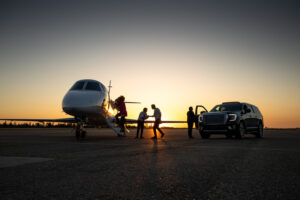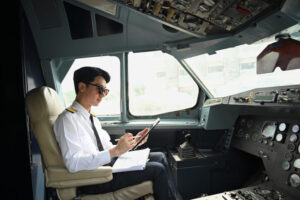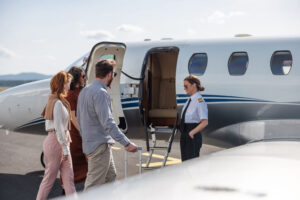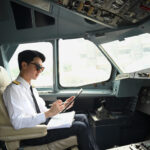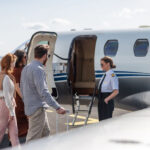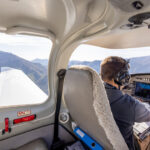Pilot training expenses for some veterans are being offset
The goal of becoming a professional pilot is a lofty one. It isn’t easy getting started in this career. Even if you have nerves of steel and Tony Robbins as a motivational coach, the cost of pilot training alone can be prohibitive for many. Unfortunately, the price of a private pilot certificate has gone the way of gasoline, new trucks, and grass-fed beef. How is anyone supposed to afford the amount of money it will take to go from zero to ATP, while still being young enough to reap the rewards of airline pay?
When I started almost 50 years ago, I could rent a 150 AND an instructor for 35 bucks an hour. That wouldn’t even pay for the preflight today! Of course, I considered the military an option, but my vision was disqualifying, so I went the civilian route.
Today’s military veterans have the option of using VA benefits for advanced aviation training, even if they didn’t serve in an aviation capacity. That’s a good deal and a way to pay for the advanced ratings, but what about getting started? The VA benefits only begin once the veteran has earned a private pilot certificate.
The Ray Foundation recently announced its financial support for veterans who want to become pilots. I understand why they want to help our veterans. The Ray Foundation’s mission statement discusses life skills such as “self-discipline, self-confidence, and self-service,” all skills taught in the military. The Ray Foundation’s generous award is $300,000 to the University of North Dakota (UND) Aerospace Foundation for the sole purpose of paying for private pilot training for military veterans. The funding is expected to cover about 80% of the cost of the private certificate for up to 25 veterans.
Additionally, once these participants earn their private pilot certificates, the sky’s the limit! They can continue to receive financial assistance for their advanced flight training under the GI bill, including commercial and flight instructor credentials.
To be one of the 25 winners, the candidates will be screened to verify their military service and eligibility for VA Benefits. This money is intended for military veterans pursuing a full-time career in aviation.
Applicants will also need to show an FAA first or second class medical and have a signed letter of intent saying they will continue their training at the Chandler-Gilbert Community College, an affiliate of UND in Mesa, Arizona. Additionally, the winners must be willing to relocate to Mesa for at least two years to complete the Airway Science Technology Associate AAS program. If they meet all of the above requirements, they participate in an in-person or virtual interview for the final decision.
It may sound like a lot, but the rewards will be more than worth the effort. Pilot training is not cheap, nor is it easy. But, once you work your way up to your first jet, your first airline, or a cushy corporate job, you’ll be so grateful that someone gave you the help needed to take the first step. To the 25 veterans who qualify for the award, I say go for it!


